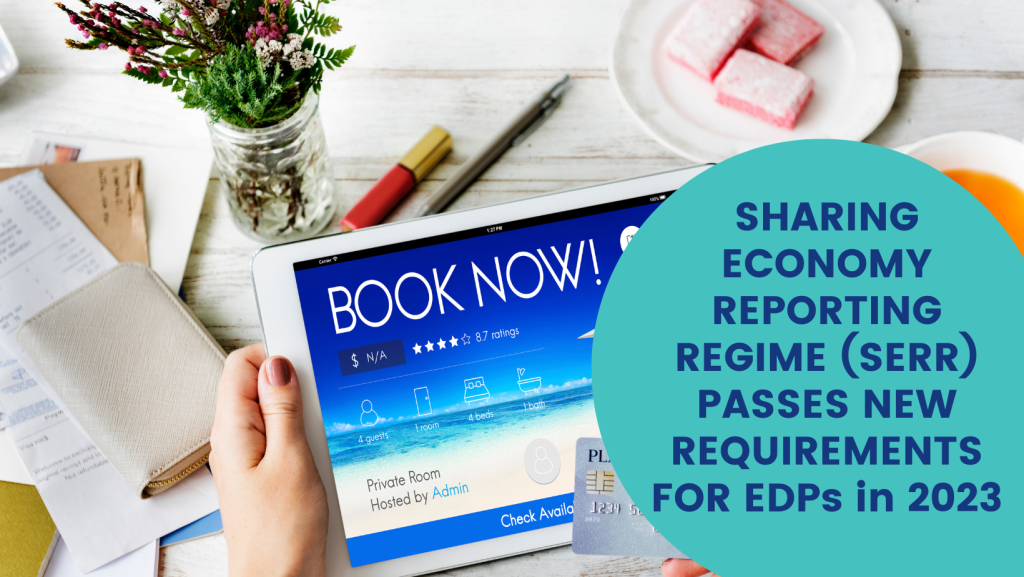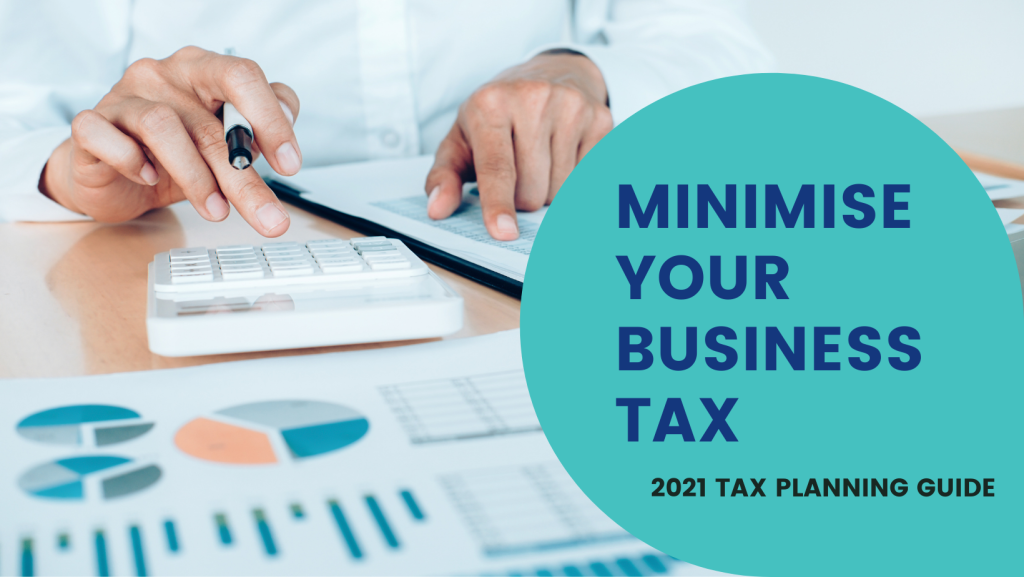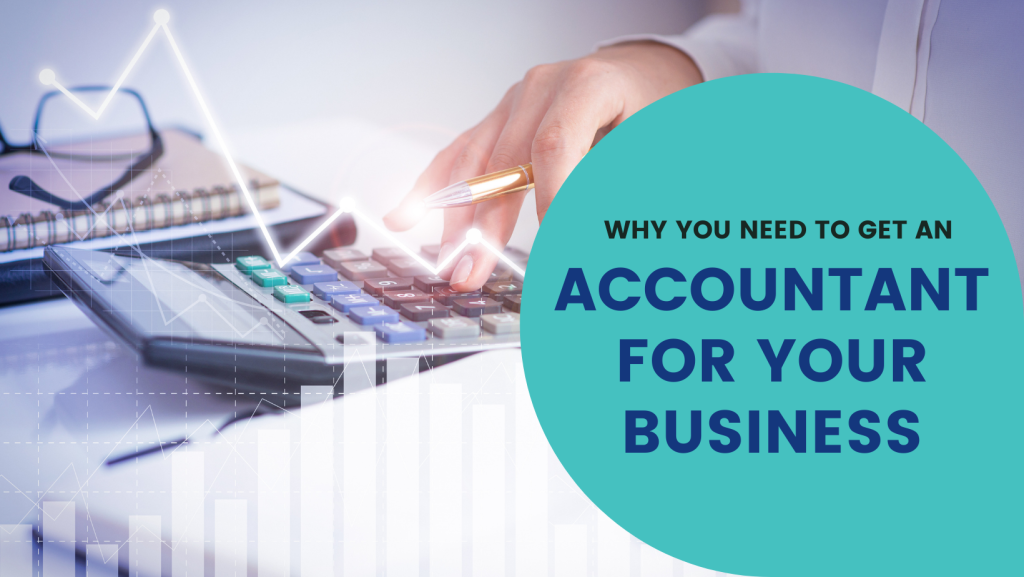If you use online sharing economy platforms such as Airbnb, Uber, Menulog, Airtasker, Freelancer, and Car Next Door, it’s important to be aware of the changes to the Taxable Payments Reporting System (TPRS). Soon, these platform operators will be required to report transaction information directly to the Australian Taxation Office (ATO). As a freelancer or someone who rents out their home for short-term accommodation, it’s essential that you report all your income accurately and on time. This way you can avoid an audit! Here’s what you need to know.
On 13 December 2022, the ATO created a new requirement for digital marketplace operators – SERR. The goal of this measure is to guarantee sellers on sharing economy platforms are meeting their tax responsibilities and staying compliant with government regulations. So, whether you’re an individual running your own business, or large enterprise leveraging Electronic Distribution Platforms (EDPs), it’s essential to stay informed about what’s required.
what is tprs?
TPRS is a system set up by the ATO. It requires businesses that provide certain services to lodge a report at the end of each financial year detailing all payments they have made to contractors and subcontractors. This includes companies operating sharing economy platforms, such as Airbnb and Uber. The aim of this system is to help combat tax avoidance and ensure that companies are correctly reporting all their taxable income.
How does this affect me?
If you use sharing economy platforms for freelance work or for renting out your home for short-stay accommodation, then it’s more important than ever that you accurately report all your income from these sites or apps. Previously, it was up to individuals using online sharing economy platforms to declare their earnings from these sources when filing their tax returns; now, however, platform operators will be required to report this information directly to the ATO through TPRS. This means that if there are discrepancies between what you have reported on your tax return and what the ATO has received from the platform operator, then you may be subject to an audit investigation by the ATO.
Need to know when the SERR starts?
Beginning 1 July 2023 for taxi travel and short-term accommodation services through an EDP, all other reportable transactions made via EDP begin a year later 1 July 2024. This includes products such as personal asset sharing, business space leasing, and food delivery – among many others!
When will the reports be due and how frequently?
Each financial year marks an SERR reporting period, requiring EDP operators to file their reports with the ATO within 31 days of its end. But don’t be surprised if you hear from them soon regarding a modified six-monthly reporting period requirement instead! The Commissioner plans to introduce this change by legislative instrument and is currently consulting stakeholders on a draft legislative document now. In preparation for any additional changes to come, keep your eyes peeled.
What do I need to do?
It’s essential that when you file your tax return each year, you make sure all your income is reported accurately and on time. If in doubt about what needs to be declared or how best to do so in order to avoid an audit investigation by the ATO, then get in touch with Wardle Partners – we can answer any questions you have and help make sure that everything is done properly so that there are no surprises when it comes time for lodgement.
Penalties
Failing to meet your SERR obligations or report all income earned from the sharing economy can result in significant consequences, especially for large organisations. Get it right and keep compliant with the latest regulatory requirements – trust our experts to help you stay one step ahead.
Conclusion
With new changes coming into effect through TPRS soon, those using online sharing economy platforms, such as Airbnb and Uber, must take extra care when filing tax returns. It’s more important than ever for people who freelance or rent out their homes for short-term accommodation via these websites or apps to accurately declare all their income in order to avoid being subject to an audit investigation by the ATO.
If unsure about how to best proceed with the lodgement of your tax returns, then contact Wardle Partners Accountants & Advisors – our expert team can advise on any taxation matters associated with using online sharing economy platforms to ensure that you meet all obligations come tax time.



